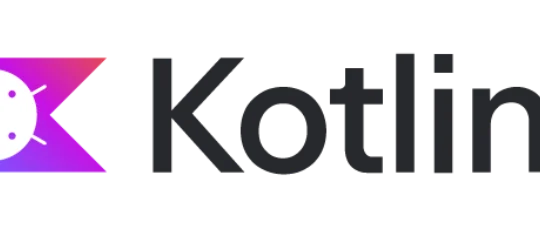Runes and Enumeration
In Dart, runes and enumerations are both useful constructs, albeit quite different. Let’s explore each of them with examples:
1. Runes
What are Runes?
Runes represent Unicode scalar values in Dart, which allow you to work with individual characters beyond the basic ASCII range.
Example:
Here’s how you can use runes in Dart:
void main() {
// Define a rune for the heart symbol ❤ (Unicode: U+2764)
var heartRune = '\u2764';
// Output the rune and its code point
print('Heart Rune: $heartRune');
print('Heart Rune Code Unit: ${heartRune.runes.single}');
// Accessing individual code units (runes) in a string
var coffee = '☕';
print('Coffee Rune: $coffee');
print('Coffee Rune Code Units: ${coffee.runes.toList()}');
}
void main() {
final c1 = '\u{1F9F6}';
final c2 = '\u{1FA86}';
final c3 = '\u26C4';
final c4 = '\u{1F37A}';
print(c1);
print(c2);
print(c3);
print(c4);
print(c3.codeUnits);
print(c4.codeUnits);
}
2. Enumerations (Enums)
What are Enums?
Enums (short for enumerations) in Dart are a way to define a collection of constants, often used to represent a fixed number of possible states or choices.
Example:
Here’s how you can define and use enums in Dart:
// Define an enum for different days of the week
enum Day {
Monday,
Tuesday,
Wednesday,
Thursday,
Friday,
Saturday,
Sunday
}
void main() {
// Using enums to declare variables
Day today = Day.Wednesday;
// Switch statement using enums
switch (today) {
case Day.Monday:
print('It\'s Monday!');
break;
case Day.Wednesday:
print('It\'s Wednesday!');
break;
case Day.Friday:
print('It\'s Friday!');
break;
default:
print('It\'s neither Monday, Wednesday, nor Friday.');
}
}
Enums are for defining a fixed set of related constants, whereas lists are for managing ordered collections of items.





